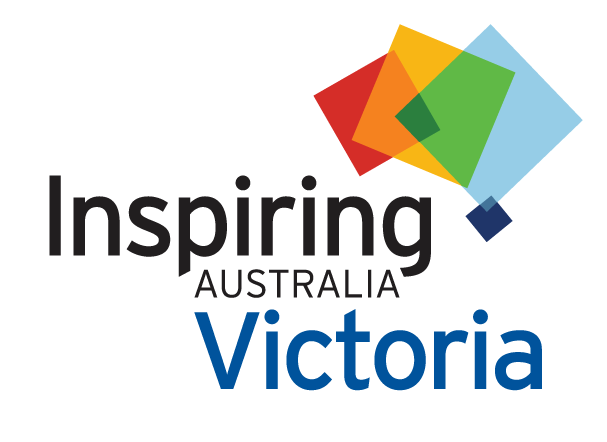Win a free moon rock competition!
In celebration of our 50th birthday and the Moon landing on 21 July 1969 (Australian Time) we are running a competition to win a small piece of the Moon! Open…
In celebration of our 50th birthday and the Moon landing on 21 July 1969 (Australian Time) we are running a competition to win a small piece of the Moon! Open…
The Radio Amateurs of the Tablelands Radio & Electronics Club, in Far North Queensland are commemorating the 50th year since the Lunar Landing, by operating a special event call sign…
Come and take part in a range of hands on science experiments and explore the world of STEM. For children ages 5-12.
Bring a jar of soil from home and learn how to manage the soil pH levels in your organic garden. You will have the opportunity to test your soil and…
Young inventors The young inventors is a project based learning program that provides a hands-on science, technology, engineering, arts and math opportunity to budding young inventors. They will be using…
Celebrate the 50th anniversary of the Moon landing by building your own space-themed game. Get together with your friends, download the step-by-step instructions, and learn to code your own game.…
Space celebrates the 50th anniversary of the Moon landing (20 July) with an exhibition that examines humankind’s longstanding fascination with space and space travel. The exhibition explores the romance of space…
Phones and iPads can be really easy to use, but lots of their useful features are easy to miss. Bring your iPhone or iPad along for tips, tricks and hidden…
Saturday 20 July, 2019 marks the 50th anniversary of the first time humans walked on the Moon.
This remarkable event was a watershed in human history and a technological achievement of astounding proportions: the mission went to the Moon and back with less computing power than a modern smart phone.
Celebrate this feat of human ambition and ingenuity with our special event featuring expert talks, Planetarium shows, VR experiences of the ISS, an Apollo 11 photography exhibition, telescope viewing (weather permitting) and more.
Discover how amazing our bodies really are at Melbourne Museum on Sundays during Term Three as we search for microbes and anything else you might find in your tummy. Design…
Bioelectronics is the concept of interfacing directly with the body's own nervous system to monitor physiological signals and, as needed, modulate the electrical activity within the nervous system to alleviate symptoms of diseases. The first generation of bioelectronic systems are now treating a number of disorders, with perhaps the most familiar being cardiac pacemakers that aim to maintain a healthy heart rhythm. Pacing systems are deployed in hundreds of thousands of patients today, and reinforce the potential for bioelectronic medicine to restore health.
Expanding bioelectronics to neurological disorders like epilepsy, chronic pain and dementia is an exciting but challenging opportunity. Despite the clinical success in treating symptoms of diseases like Parkinson's, existing bioelectronic systems have several attributes that currently limit their adoption. For example, currently a skilled neurosurgeon is required to place the implant, and the device's output is relatively inflexible in contrast to the rapidly changing and reactive activity of the nervous system. Resolving these issues requires the complementary pursuit of technological innovation and scientific discovery.
Join us for the July 2019 meeting of the Victorian Chapter of the Australian Citizen Science Association. This meeting will focus on citizen science and education. The meeting will commence with three presentations, which will be followed by break-out group discussions. There will also be plenty of time for sharing your project stories, networking and developing our community of practice. Speakers include Sandra McCullogh from Earthwatch Australia, Julian O Shea from Unbound, and Edmond Lascaris from the City of Whittlesea.
The Victorian Inspiring Australia program is a community-focused initiative led by the Royal Society of Victoria, in partnership with the Commonwealth Government and the State Government of Victoria.
We acknowledge the First Peoples of Victoria and the essential ancestral knowledge held, recovered and enacted by Elders. We acknowledge that this land and its millennia-old relationship with First Peoples was never ceded. We acknowledge the many injustices suffered by the knowledge keepers and Custodians of Country through the disrespectful actions and attitudes of early members of the Victorian scientific community. We express our sincere regret for the ignorance and bigotry of those who preceded us.
Copyright Royal Society of Victoria. 2025 - All Rights Reserved
